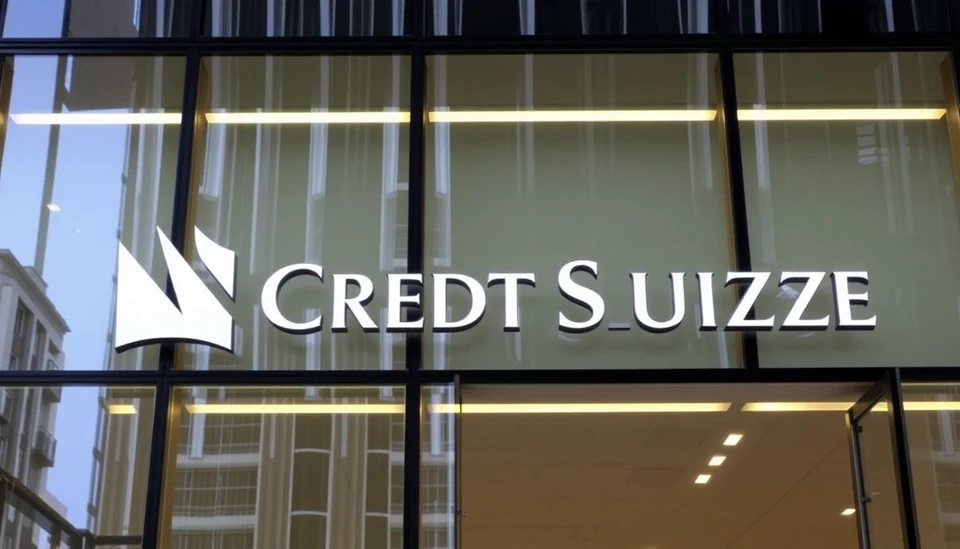
A significant legal development unfolded recently as U.S. authorities have charged a former Credit Suisse client in connection with a tax evasion probe. This case adds to the growing scrutiny surrounding the practices of large financial institutions and their clients, particularly in regard to tax compliance.
The client, whose identity has not been fully disclosed, is accused of engaging in schemes that allegedly allowed for undisclosed offshore accounts. This situation raises critical questions about the role of financial advisors and banks in facilitating tax evasion, as well as the legal obligations they have to report suspicious activities under U.S. law.
The complaint elaborates on the mechanisms allegedly employed by the former client to conceal assets from the Internal Revenue Service (IRS), including the use of shell companies and other complex financial structures designed to obfuscate the actual ownership of funds. Such tactics are often utilized by individuals attempting to avoid paying taxes on significant sums of money, with financial institutions at times acting as gateways for these operations.
Legal experts suggest that this case could have wide-reaching implications not only for the individual involved but also for Credit Suisse and similar banking entities under pressure to uphold strict compliance measures. The U.S. government has emphasized its commitment to ensuring that wealthy individuals meet their tax obligations, and cases like this exemplify the aggressive pursuit of tax evaders.
It remains to be seen how this situation will evolve, especially amidst ongoing reforms aimed at increasing transparency and accountability in the banking sector. Institutions that fail to meet compliance standards could face severe penalties, both financially and in terms of reputational harm.
The implications of this case could lead to further investigations and expose additional clients or banks involved in similar activities, spurring a wider crack down on tax evasion. As financial institutions strengthen their compliance networks, clients may be prompted to rethink their financial strategies and the associated risks of tax evasion.
As the IRS continues to enhance its investigative efforts, tax-related legal battles are likely to become more common, energizing a national discourse on tax regulations and the responsibilities of both clients and their financial advisors in safeguarding public finances.
Stay tuned for updates on this developing story as authorities continue their investigation and further details emerge from this significant case.
#CreditSuisse #TaxEvasion #USAuthorities #FinancialCompliance #IRSInvestigation #OffshoreAccounts #LegalNews
Author: Samuel Brooks




